I am a Kashmiri. I belong to a land which they say is not mine. I have been made a stranger to my own people across the borders. You know me by names – Indian and Pakistani. I am neither. My divided land between two hostile neighbours – India and Pakistan – is a territory of war, death, destruction and occupation. Democracies have turned military dictatorships here. Laws here are meant to protect murderers and turn victims into ghosts.
I am a resident of the world’s largest militarized zone. Don’t ask why.
Freedom comes at a cost. I am still paying for it.
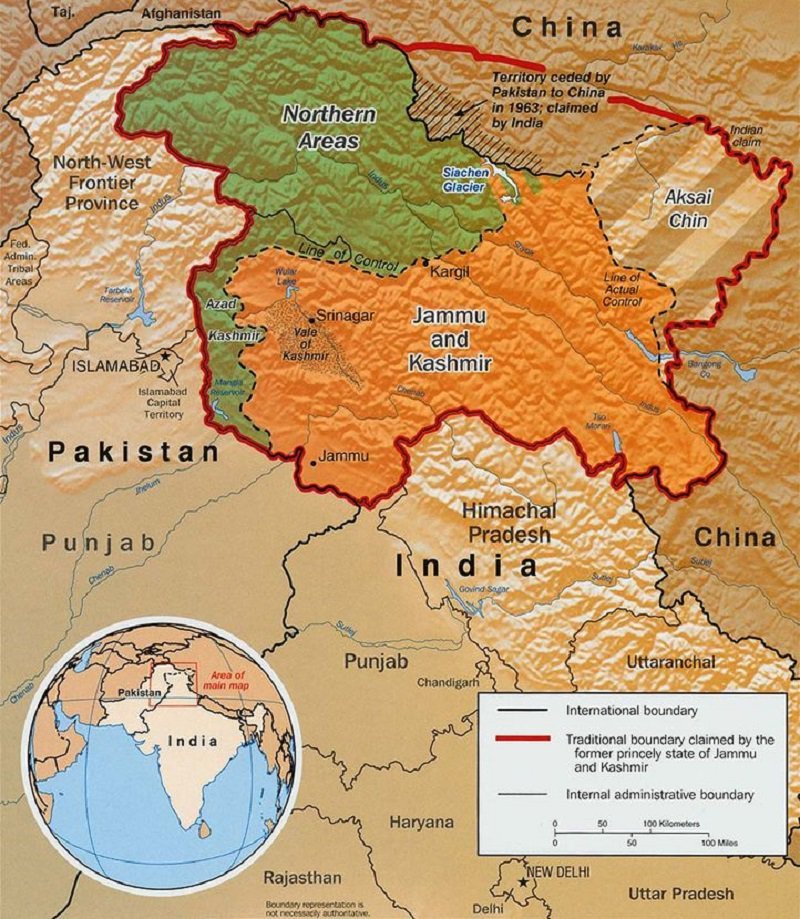
AFSPA, AK 47, killings, attacks, tortures, rapes, protests, disappeared people, Aazadi, crackdown, Mukhbirs , grenades, stone-pelting, fake-encounters, Ikhwanis etc. comprise my language as regular vocabulary.
Politics of Control
Line of Control might be a combination of concertina wire and 12-feet high fences along India-Pakistan border, but it has hacked my country in two parts – like a body dismembered, scattered pieces of the same flesh.
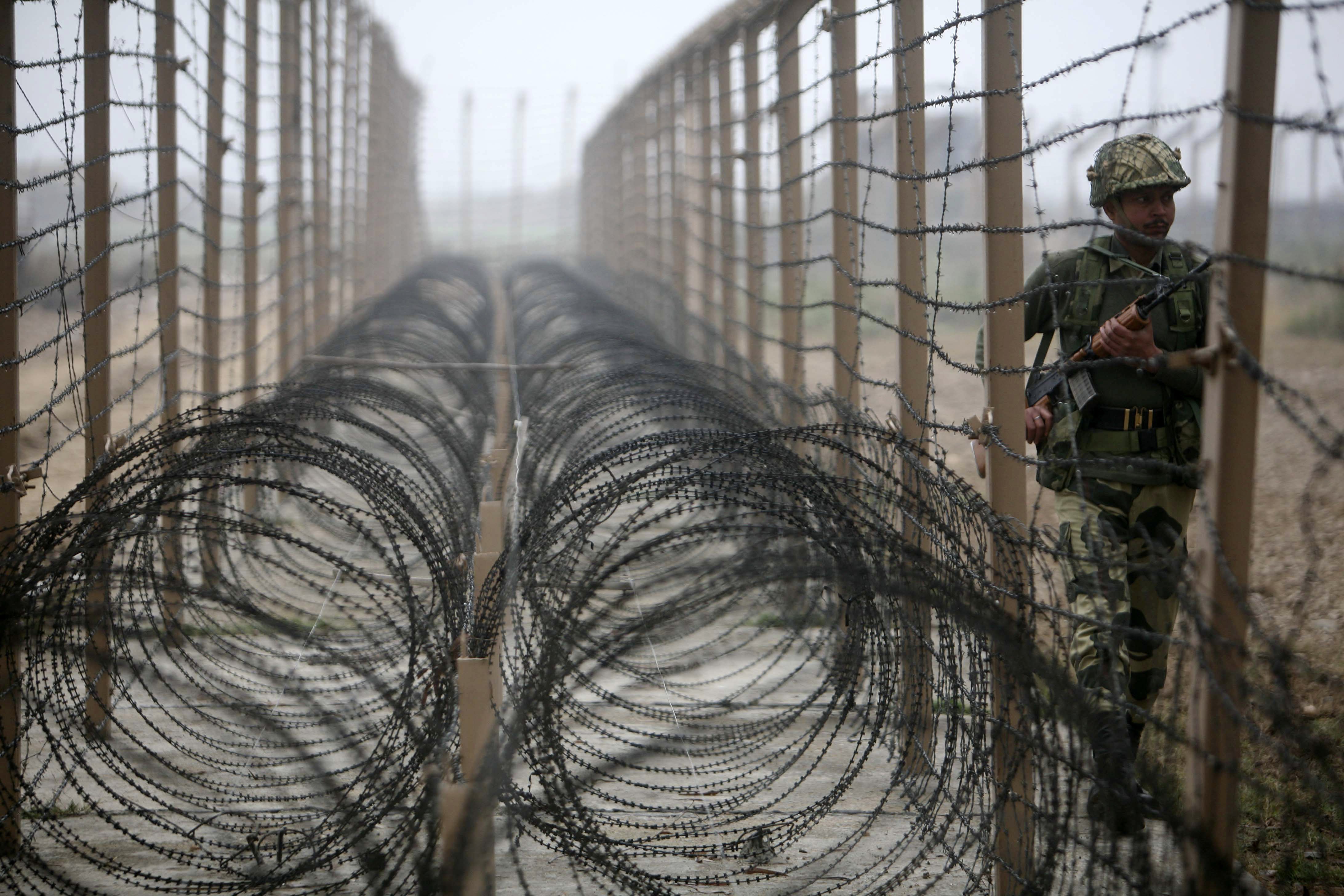
Nobody gives us a chance to say who we are? Recently, we were called a “third party”. Somebody calls us its “integral part”, the other side says Kashmir is its “jugular vein.”
Kashmiris often ask themselves: if we are so important for them then how can they allow the suffering to carry on for so long. Shouldn’t both of them leave everything aside and ask Kashmiris what they want.
You don’t dictate “conditions” or put things on “backburner” when people of the very land you claim to be your ‘own’ are being systematically slaughtered. Who has given you the right to pound my valleys with shells and mortars to quench your hunger for revenge and ownership?
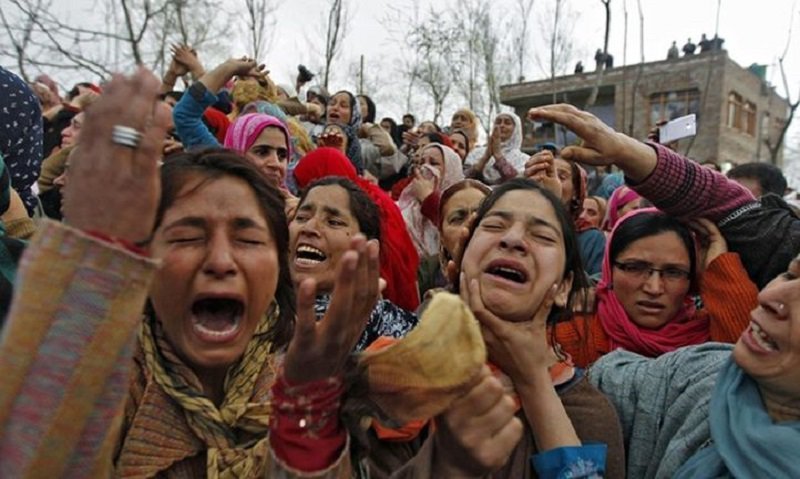
Repression as ‘normalcy’
Owing to almost seven decades of conflict, you’ll see many Kashmiris, in candid chats, yearning for a full and final war. The choices are limited but Kashmiris know the results very well – either live an occupied life or taste death as freedom.
It’s a black and white situation. They want an end to this lingering pain and suffering of being subjects of an organized brutality and state-violence by Indian government.
I can’t say anything about the other side. Kashmiris know more than enough about American foreign policy and middle-east but anything of the other Kashmir under Pakistan’s control.
You can’t even make calls. Reprisals force people into an illusion that everything is fine. Families separated by armies and borders haven’t talked to each other for lifetimes.
Many have died without seeing the faces of their loved ones again, who happened to be just on the other side of the fence.
India, Pakistan ought to know that we experience partition everyday.
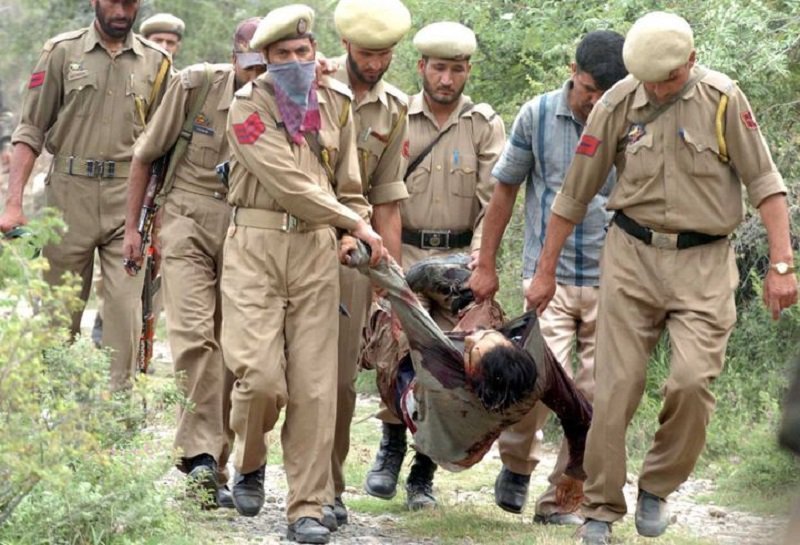
Killings, as an event, have a peculiar normalcy in Kashmir. They’re like one of the daily events: going to office, hanging out with friends, listening to music, enjoying picnics, attending a class at university. Even if you miss one, there’ll always be another day, another killing.
Which day is not martyrs day in Kashmir?
Burden of memory and loss
Our memory of loss and death is too bloody to be marked on calendars and memorials. Go and quiz any Kashmiri, any, from anywhere in the world and ask him, has he lost anyone whom he knew in the last 26 years. A ‘no’ will be rare.
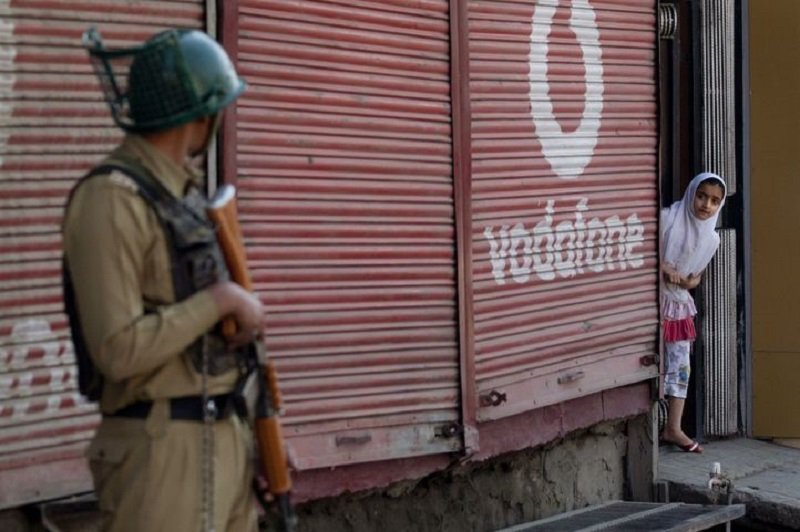
Of course not many citizens of India and Pakistan know that Kashmiris have long ago crossed threshold of sensitivity and empathy towards daily violence and blood on the streets. They don’t even feel strange about it.
Kashmiris don’t mourn, they seethe. Each killing fuels a silent tempest.
Cost of resistance
As a Kashmiri, I fight India by rejecting it. I’m not clear about Pakistan either. But it would be grossly incorrect to assess the two on a similar plane.
India has and continues to use its every structure to quell Kashmiris. Presence of 7,00,000 paramilitary troops, thousands of policemen and agencies, black laws and installation of puppet rulers from New Delhi to give a “democratic” colour to its authority in the state represents India in Kashmir.
More than 70,000 people have died in the last 26 years of armed rebellion supported by Pakistan against Indian rule.
Thousands have disappeared. Kashmir is littered with unmarked graves, orphans, widows, half-widows, amputees, handicapped, tortured and maimed. Speak a word about types of brutality, and Kashmir has an example.
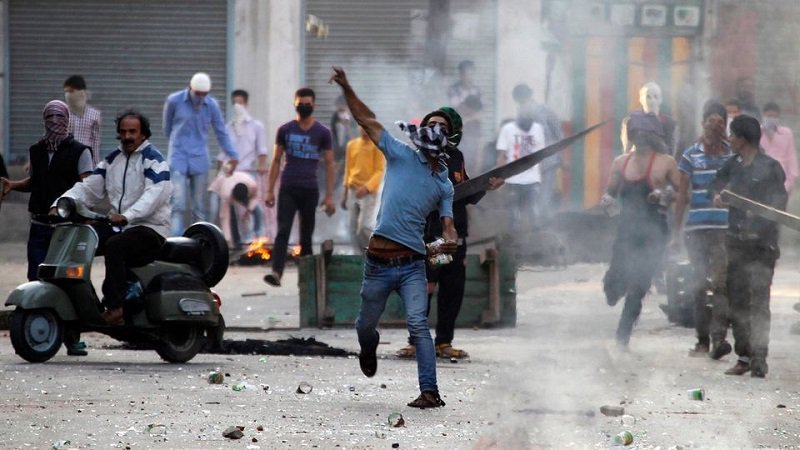
Pakistan has had its share with us too. It provided us guns. Kashmir supplied its sons. I know it was helping to liberate our land from India but I was not aware that its motives went beyond my struggle to be free.
My dream of freedom turned into a battleground of extremist ideologies, prompting a Kashmiri to fight his war on two fronts – one of dissociation and another of rejection.
In fact, much of my efforts in the resistance since last decade have gone in refuting and responding to the concocted narratives projected by hyper-nationalist media who see murders and slaughter of civilians as a nationalist goal.
Indian media is an extension of occupational state in Kashmir. Shouting from studios in Delhi has never bothered Kashmiris, they have been confronting New Delhi for 69 years.
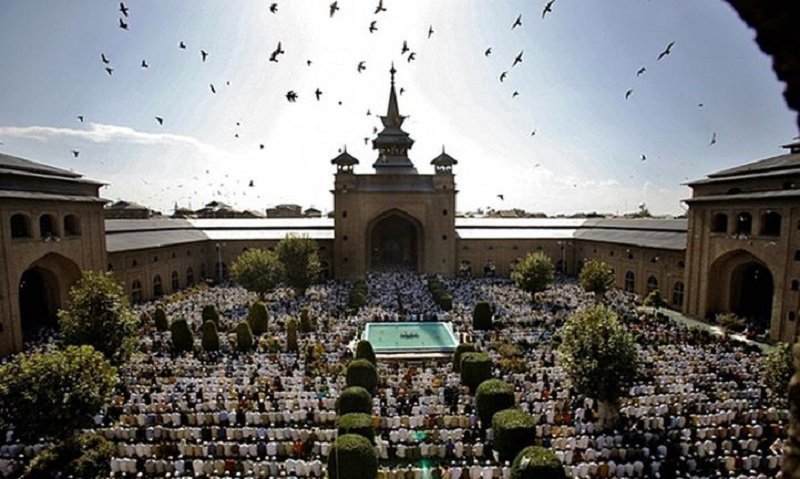
Ignorance of history
Kashmir has never been exclusive. Throughout ages, history shows how different religions and cultures from every direction got absorbed in the valley.
There’s a perception that only Muslims live in Jammu and Kashmir. It’s wrong. Buddhists, Sikhs, Hindus and Christians also live in Kashmir. There might be varying political aspirations in the Muslim-dominated J&K;, but nothing can deny them from being Kashmiris. They have suffered too. We are collective victims.
Emerging and asserting themselves even after centuries of foreign occupations and autocratic rule at the hands of Mughals, Afghans, Sikhs and Dogras, Kashmiris have never lost their distinctness.
We are different. Don’t try to make us you. We don’t want to be you. Come and see what has happened to us, you don’t pay unimaginable costs for petty things.
Even after 69 years of suffering, you ask us what do we want?
I say, let us be.
Read more:
Perspective From The Other Side: How Kashmir ‘Celebrates’ Indian Independence Day
Pakistani And ISIS Flags Waved In Kashmir In Protest Of Geelani’s Detention
Kashmir Issue Was ‘Settled’ In 1947. Why Then, Is The Conflict Still On?
(The author has chosen to stay anonymous)

















